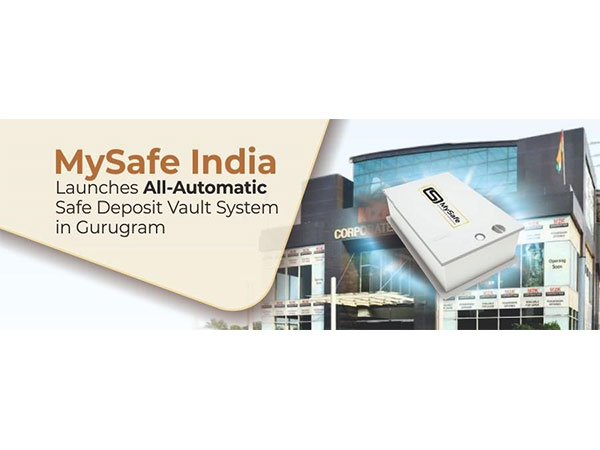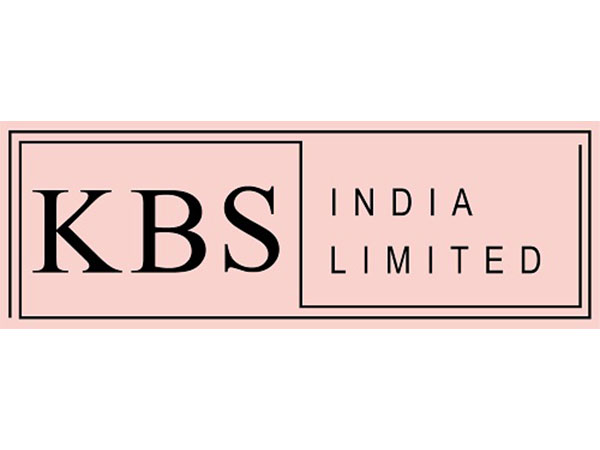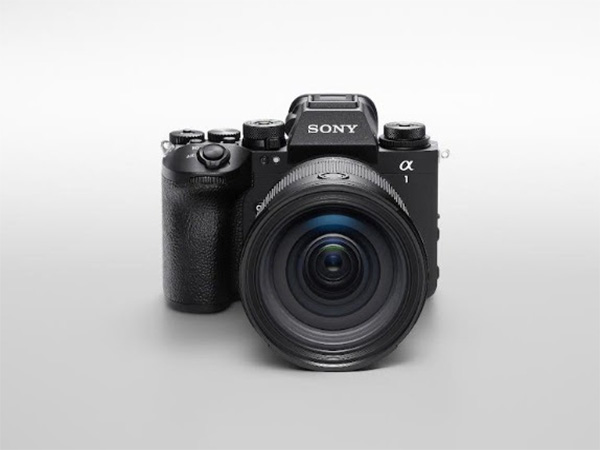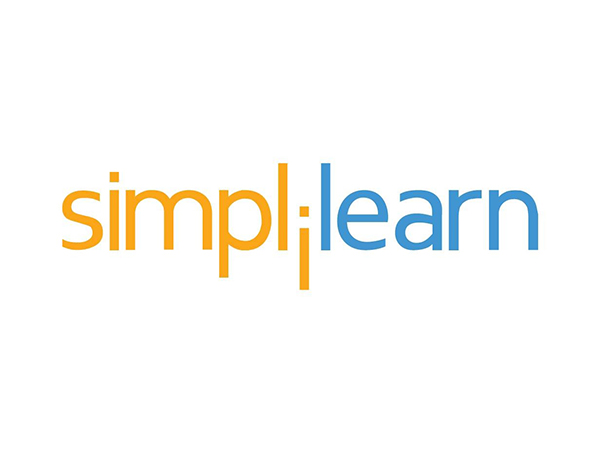
Eligibility Criteria to Apply for a Business Loan
Jul 11, 2025
VMPL
New Delhi [India], July 11: A business loan can help fund daily operations, growth plans, or asset purchases for new or established businesses. Lenders assess eligibility based on business age, credit score, financials, and documentation. Strong credit history, stable income, and proper documentation increase your chances of loan approval. Understanding these requirements helps you prepare effectively for a business loan and avoid rejections. This article explains the key criteria Indian lenders use to evaluate business loan applicants.
1. Business Type and Vintage
Most lenders require the business to be operational for at least 1 to 3 years. A running business with a proven track record offers assurance of repayment compared to a new ventures. While start-ups may still apply for business loan through special government schemes or startup-focused lenders, traditional institutions prefer stable businesses with consistent revenues and loyal customers. High-risk sectors such as speculative trading or highly seasonal industries may face additional scrutiny or be excluded altogether.
2. Age of the Applicant
The age of the borrower, whether an individual or a proprietor, is another criterion. Typically:
- The minimum age is 21 years at the time of application.
- The maximum age is generally 65 years at loan maturity.
This ensures the borrower is legally eligible to enter a financial contract and has sufficient working years left to fulfil the repayment obligations.
3. Credit Score and Credit History
Creditworthiness is another important factor in business loan evaluation. Lenders usually check both:
- The personal credit score of the business owner(s), especially for proprietorships and partnerships.
- The business credit report, if applicable (e.g., from CIBIL or CRIF High Mark for businesses).
A credit score of 700 or above is generally preferred, but even slightly lower scores could be considered if the business performance is strong. Delays in existing loans or high credit utilisation may negatively affect eligibility.
4. Business Turnover and Profitability
Lenders evaluate the business' financial performance to gauge its repayment ability. Typically, the following parameters are scrutinised:
- Minimum turnover requirement (varies by lender, often ₹10 lakh to ₹1 crore per year).
- Stable profit margins or positive cash flows.
- Recent audited financial statements, bank statements, and income tax returns.
5. Type of Business Entity
The legal structure of the business also matters:
- Sole proprietors and partnerships may need to provide personal guarantees.
- LLPs, Private Limited Companies, or Public Limited Companies must comply with documentation requirements like PAN, GST, registration certificates, etc.
- Registered businesses with a legal identity are more likely to be considered favorably due to regulatory transparency.
6. Existing Liabilities
Lenders also assess your debt-to-income (DTI) ratio or current repayment obligations. An existing high loan could limit your eligibility for a new loan, even if other criteria are met. They may also check for the following:
- Outstanding EMIs or bounced cheques
- Unpaid taxes or statutory dues
- Legal disputes involving the business
These can affect both approval and loan terms, like interest rate or repayment tenure.
7. Collateral (for Secured Loans)
For secured business loans, eligibility depends on having valuable assets to offer as collateral. This can include:
- Commercial property
- Equipment or machinery
- Inventory or receivables
Lenders may offer higher loan amounts and lower interest rates when backed by collateral. However, many NBFCs and fintech lenders also provide unsecured business loans, subject to stronger financial metrics.
8. Industry Risk and Market Conditions
Lenders assess the risk level of your industry before approving a loan, which can influence your estimated EMIs. Sectors such as hospitality, real estate, or entertainment may be seen as higher risk, particularly in volatile markets. As a result, loan approval can be harder or come with stricter terms. Still, a strong business plan and good market standing can boost your eligibility and improve repayment terms. To estimate how loan eligibility factors affect your repayments, you can use a business loan EMI calculator for better planning.
9. Documentation and KYC Compliance
Eligibility is not just about financials; complete and accurate documentation is a must. Commonly required documents include:
- PAN and Aadhaar
- GST registration certificate
- Business proof (Shop Act, Udyam registration, etc.)
- Income tax returns (usually last 2-3 years)
- Bank statements (typically last 6-12 months)
- Audited financials and P&L statement
Failure to provide valid documents can lead to rejection of loans.
Conclusion
Being eligible for a business loan goes beyond just meeting minimum income or age criteria. It involves a comprehensive assessment of your business's financial health, operational stability, repayment capacity, and credit history. By understanding and preparing for these eligibility parameters, you are not only increasing your chances of approval but also gaining access to better terms, such as lower interest rates, flexible repayment, and higher loan amounts. For any business, borrowing is not just about accessing capital; it is about leveraging for growth, stability, and long-term success.
(ADVERTORIAL DISCLAIMER: The above press release has been provided by VMPL. ANI will not be responsible in any way for the content of the same)









